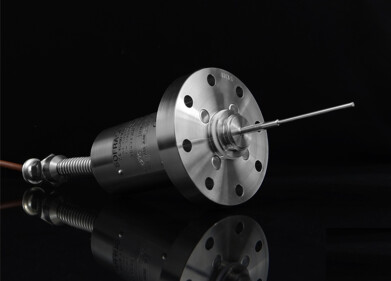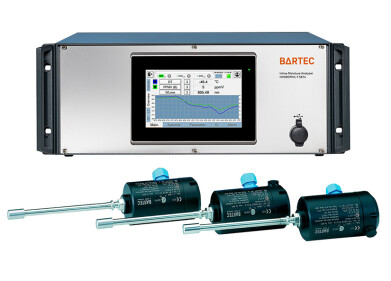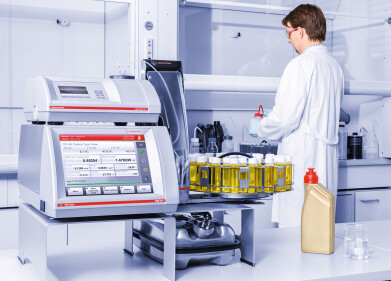Measurement and Testing
Is Diesel to Blame for a Drop in Car Sales?
Feb 28 2018
While manufacturers had high hopes for 2018, the latest data suggests that car sales are set to continue on a downward trend. According to statistics, sales of new vehicles fell 6.3pc in January compared to last year. Just 163,615 new cars were registered, representing the ninth consecutive month that sales have declined.
Government policies turn off diesel buyers
So what's fuelling the slump? Concerns over the health of the economy are a major culprit, with buyers also factoring in ongoing confusion about government policies towards diesel following the controversial Volkswagen “dieselgate” scandal. Over the past few years London has been heavily targeting diesel powered vehicles, with pollution taxes on the sale of new vehicles designed to discourage consumers and minimise nitrous oxide emissions on British roads. Furthermore, some manufacturers have even pledged to stop making diesel cars alltogether.
As a result, sales of diesel vehicles dropped by 25.6pc in January, which reduced the market share of diesel cars down to 35.9pc. This is a significant change to last January, when diesel vehicles accounted for around 45pc of new car sales and 48.5pc of the new car market.
Drivers keeping old diesels on the road for longer
While a drop in new sales is positive, experts assert that the policy isn't encouraging motorists to make the switch to eco-friendly vehicles. Instead, they're simply keeping old diesels running for longer, which translates into higher emissions than new diesel vehicles.
Mike Hawes, chief executive of car industry trade body the Society of Motor Manufacturers and Traders (SMMT) explains, “The ongoing and substantial decline in new diesel car registrations is concerning. Consumers and businesses are not switching into alternative technologies, but keeping their older cars running."
Experts call for "fleet renewal" incentives
He asserts that fleet renewal is the fastest and most efficient way to improve air quality and minimise CO2 emissions. The data also reveals that alternatively fuelled vehicles (AFVs) aren't being embraced as fast as the government would like, with just over 9000 new hybrids and electric cars registered in January. Currently, they make up only 5.5pc of the British market.
While the numbers aren't positive, some experts maintain that it's all relative. Alex Buttle, director of car buying comparison website Motorway.co.uk asserts that while on the surface January figures may appear grim, if the decline in diesel sales is factored out the market shows signs of resilience.
"Take diesel out of the equation and the picture doesn't look anywhere near as bleak,” he says.
As well as polluting the environment, fossil fuels can be harmful to human health. Introducing the latest technology form Chromatotec®, 'Hydrogen-free sulphur specific analyser certified for hazardous area zone I and II using “d” type enclosure' looks at the latest techniques used to detect and analyse sulphur compounds.
Digital Edition
PIN 25.1 Feb/March
March 2024
In This Edition Safety - The technology behind the ION Science Tiger XT - Safety with ammonia and LOHCs as hydrogen carriers Analytical Instrumentation - Discussion on new tribology te...
View all digital editions
Events
Apr 22 2024 Hannover, Germany
Apr 22 2024 Marrakech, Morroco
Apr 22 2024 Muscat, Oman
Apr 22 2024 Rotterdam, Netherlands
Apr 23 2024 Singapore
.jpg)

















